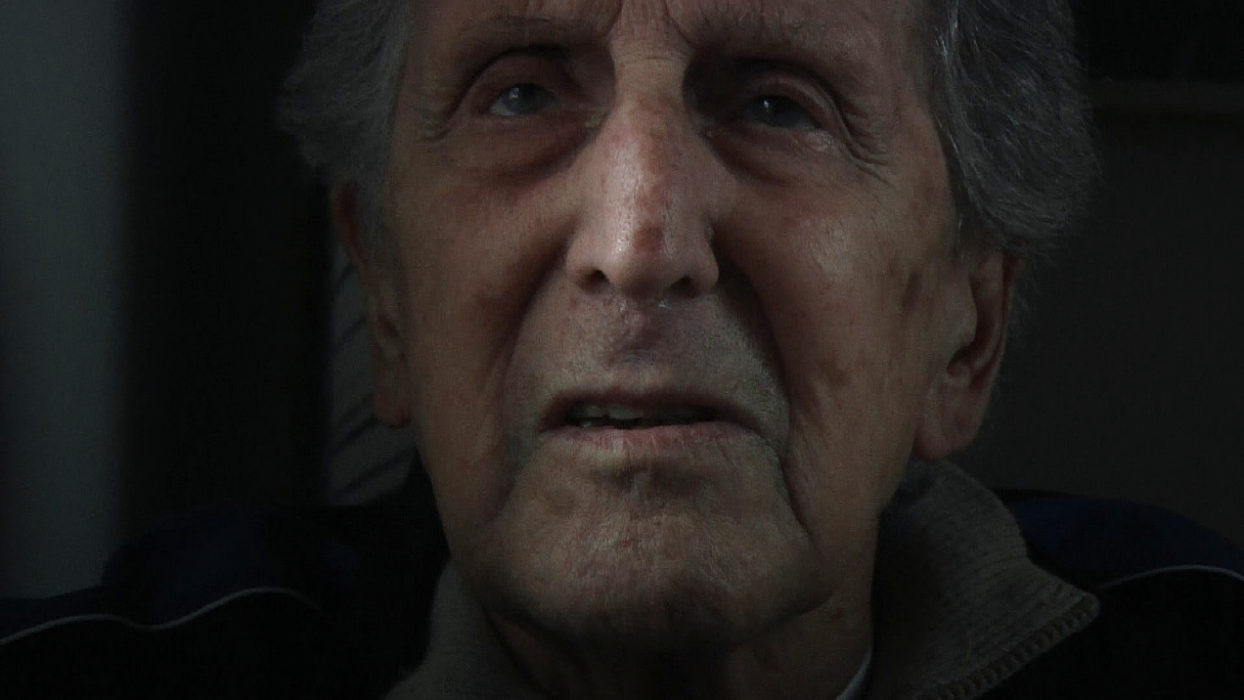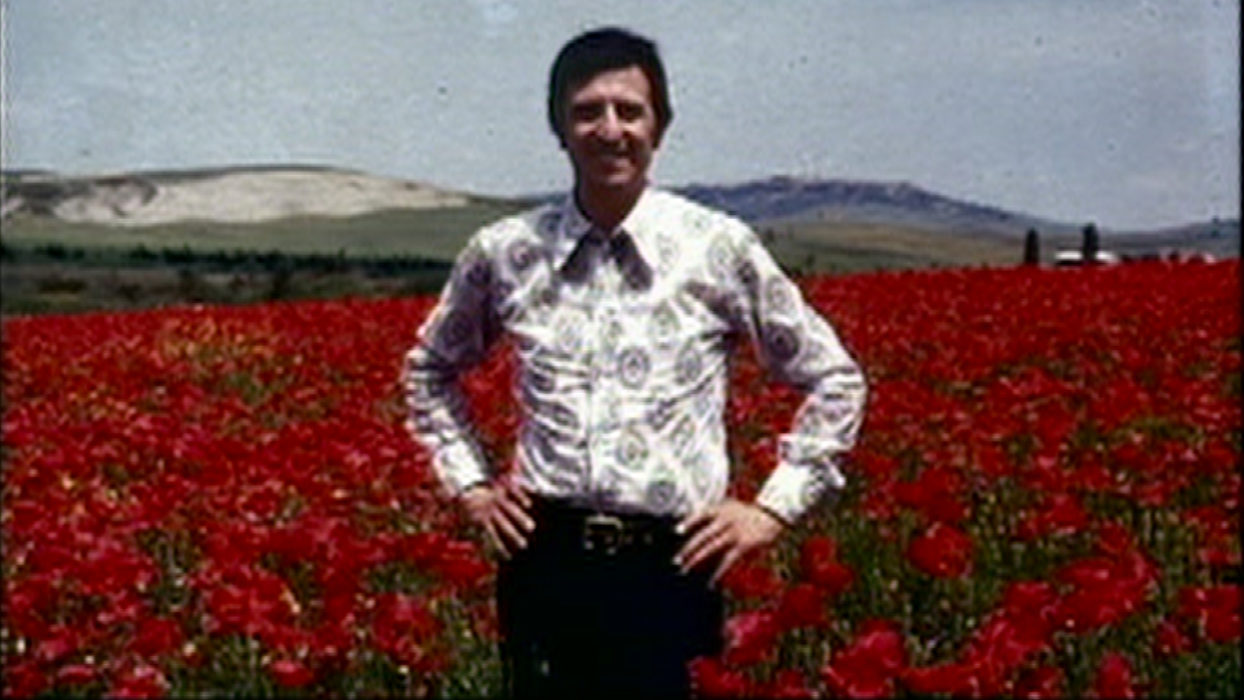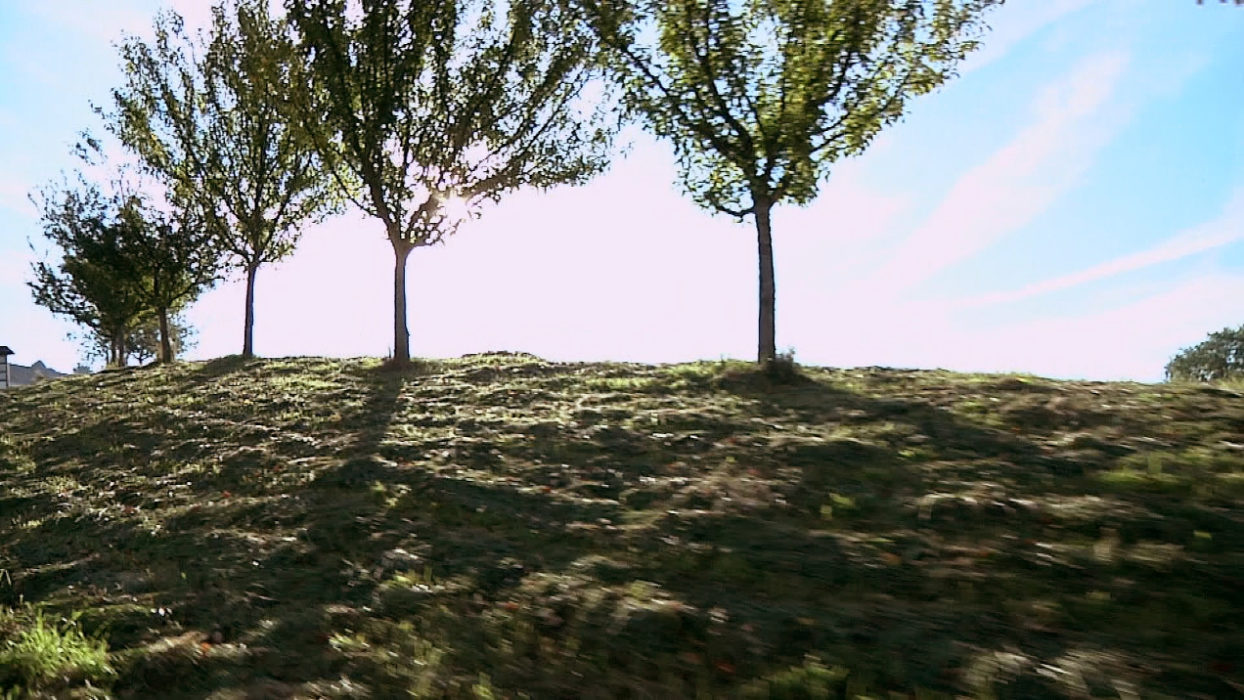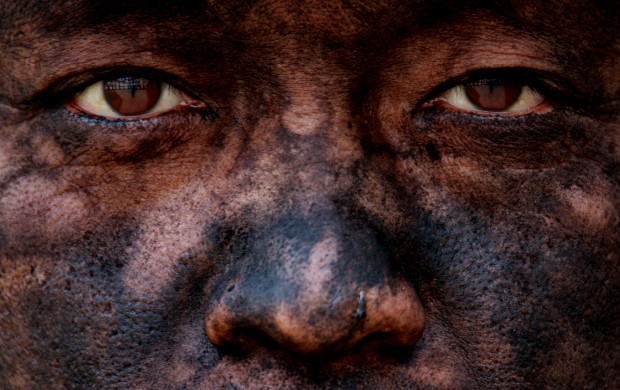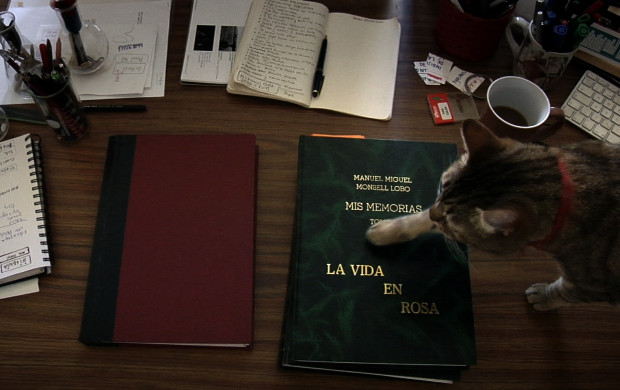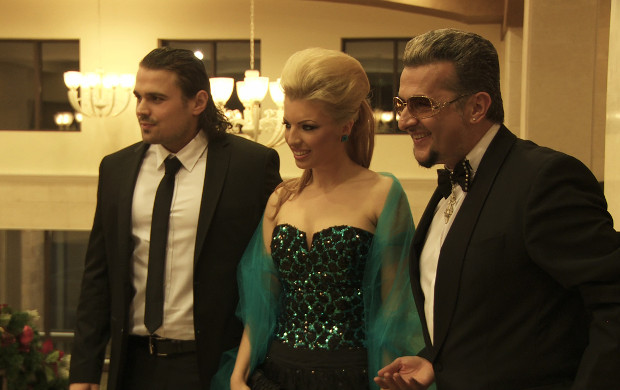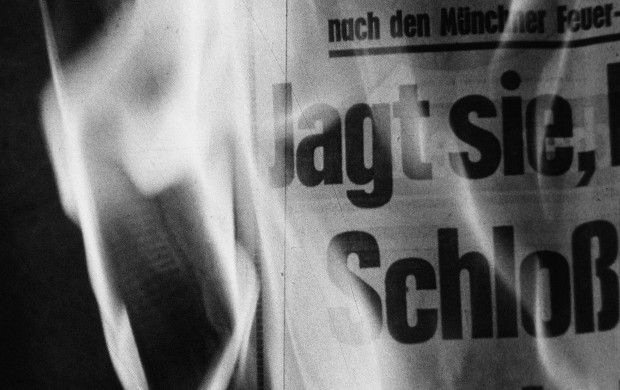Dal ritorno
From the Return
Depuis le retour
- 2015
- Italy; France
- 92 minutes
- Italian
The last survivor of the Sonderkommandos (groups of deported prisoners organised by the Nazis in the death camps to take the other victims to the gas chambers and get rid of their corpses), Silvano Lippi has forgotten nothing, from his arrest in the port of Piraeus up to the evening at a friend’s house when he finally talked about his deportation. Giovanni Cionni not only wishes to record the testimony of this nonagenarian but also accompany him, at Lippi’s request, on a return visit to Mauthausen. Framing the old man’s face—and especially his eyes—with a quality of attention to match the pertinence of the editing, the filmmaker uses intertitles addressed to Silvano to track the moments that the old man confided his memories. It clearly takes several attempts for him to describe a given situation, as if after an overly long silence repetition was necessary or as if the unspeakable had to be reformulated in concentric circles, even if these cannot convey the abyss of solitude. Even Lippi’s strokes of luck have only gone to deepen this solitude—which his friends’ disbelief further accentuated. Intercuts taken from postwar holiday home movies in which Silvano’s gaze embraces the Mediterranean give the narrative a troubling counterpoint: from the place almost no one has returned, Silvano has never stopped returning. (Charlotte Garson)
- Editing : Aline Hervé
- Sound : Saverio Damiani; Toluhiko Katayama
- Photography : Giovanni Cioni; Duccio Ricciardelli
- Production : Zeugma Films / Teatri uniti / Citrullo International / Cobra Films / CBA - Centre de l’Audiovisuel à Bruxelles / Zivago Media / Vosges Télévision Images Plus
- Print source : Zeugma Films
